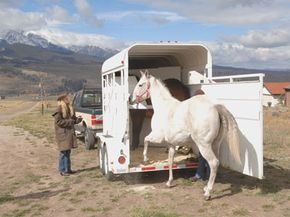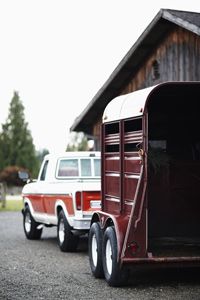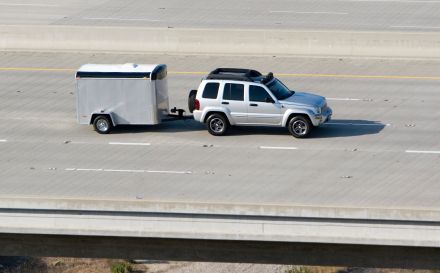It's said that dogs are man's best friend. However, if you look back over time, you might argue that horses mean more to mankind than any other single group of animals. Horses were the main mode of transportation until more mechanical travel methods came about. Even after railroads and ships hit the scene, humans continued to rely on horses for work. Not only did humans use horses for transportation, they used them to power farm equipment as well. Why do you think we refer to mechanical power as horsepower?
Let's fast-forward to today. In many instances, horses are still used by ranchers and cattle farmers who work their land and corral animals for a living. In cities, however, horses no longer serve the same purposes. Sure, some cultures like the Mennonites still use horses in the traditional sense, but horse-drawn carriages and plows have been replaced by automobiles and tractors. That doesn't mean people don't still love their equine friends. People all over the world own horses for riding, racing or just to have on their land as a large pet. Unlike little Fido, though, horses can't jump in the backseat of your Honda Civic whenever you need to take them to the veterinarian.
Advertisement
Just about everyone has seen a horse trailer on the road. If you own horses, you've probably had your own horse transported in a trailer. Whatever the case, towing a horse trailer is unlike towing any other load. Horses are heavy. Worse yet, they move around. Have you ever wondered what it's like for horses riding in one of those things? This article aims to let you know. More importantly, this article outlines the proper procedures and special considerations you should take when transporting horses. Let's learn about some of the things we should never overlook when towing a horse trailer.
Advertisement


